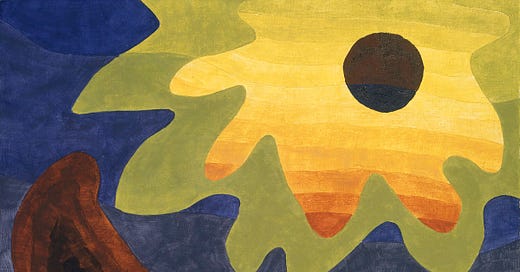What does it mean to have a hero? What does it mean to be one? This week at Public Seminar, our writers consider moral action amidst violence—and the price paid.
Anastasia Shteinert honors the impact Alexei Navalny had on her generation, and challenges young Russians to continue defending a free and open civil society even in a time of great despair.
Yet we should be cautious of venerating heroism, posits Helga Varden. In an Kantian analysis, she explores why people who go beyond normal virtue to try to stop wrongdoing forfeit their sense of inner harmony.
The Man Who Was Too Strong
Anastasia Shteinert
At mass protests, as a press representative, I was under protection, insofar as such protection is reliable in an authoritarian police state. I carried a press card and papers showing my editorial assignment. This helped me avoid detention and fines several times. I always admired people who took to the streets, not as media employees but as citizens of their country. They risked much more and often fell victim to the brutality of enforcement officers. In front of me, peaceful protesters were beaten with batons and shot with stun guns.
The last rallies I covered as a correspondent in Saint Petersburg happened on February 2–3, 2021. In those days, people in many cities across Russia protested the court’s decision to sentence Navalny to a prison term. The police were particularly violent during those rallies.
Traumatized Heroes
Helga Varden
My grandparents, like those of many who grew up in Norway in the 1970s, were young adults during World War II. I do not recall when I first noticed, but I often wondered why they did not want to talk about the war and why, when they did, my grandfather would inevitably cry, and my grandmother would become absolutely silent. The only story I ever was able to make my grandmother tell me (a few times) was about a young Nazi soldier who became very moved and sad while looking at her sleeping infant daughter (my mother) in her trolley outside the local store. My grandmother told me how she felt sorry for him; how she found herself thinking that he must have an infant daughter of his own at home.
All of this was very puzzling to me because they had unquestionably been on the right side of history, resisting and giving aid to those who fought against the Nazi invasion. My grandfather, a police officer, had issued false passports to resistance fighters and would lie about whether or not someone was Jewish, and they both, of course, lied to protect his activities. And when these activities became too dangerous, he hid—in the dirt basement underneath his mother-in-law’s house—for two years, until the war ended. For a long time, his whereabouts were unknown even to my grandmother, for her own and their newborn child’s protection.
Given their courage, why did they not want to talk about the war, why the deep silence, and why did my grandfather always cry?



